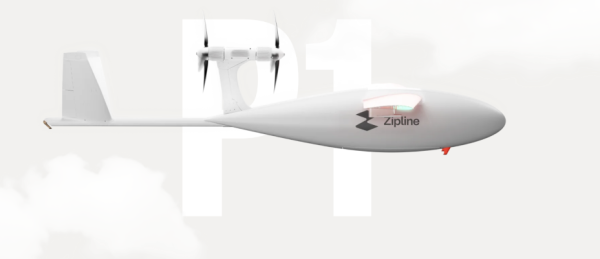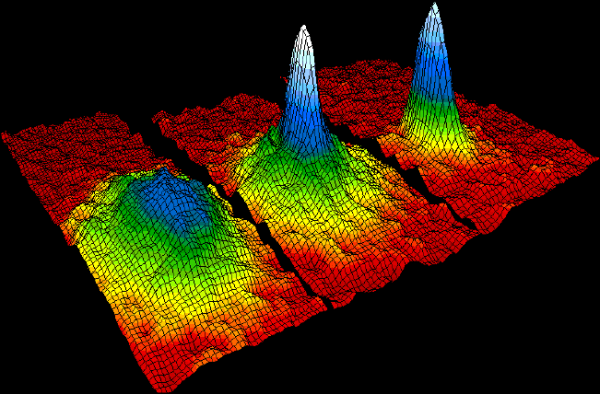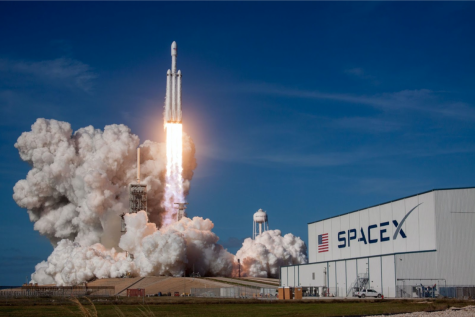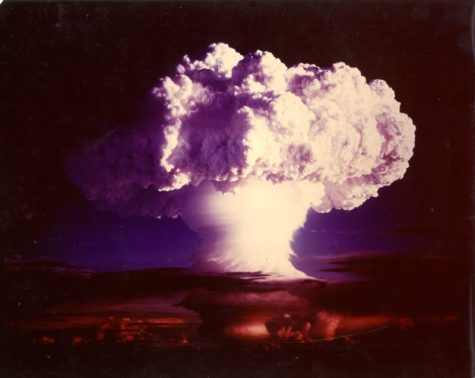The $85.4 Billion Deal: AT&T Buys Time Warner
Perhaps you’ve heard some snippets in the news over these past few weeks about a “big” deal between AT&T and Time Warner, but you’re probably still wondering what all that business and technology jargon really means.
Or perhaps you’re an expert on media companies who knows everything about vertical integration and mergers. Or perhaps you’re simply an interested customer who cares about his or her next cable subscription bill.
No matter which boat you fall in, you’ve come to the right place. In this article, we’ll be answering the question, “So what exactly is happening between the second largest wireless carrier and the fourth largest entertainment company in the country?”
The short answer: the biggest deal of 2016, that’s what.
The details: On Saturday, Oct. 22, telecommunications giant AT&T Inc. agreed to buy Time Warner Inc. (not to be confused with Time Warner Cable Inc.), owner of HBO, Warner Bros., CNN, and TNT, for $85.4 billion and $107.50 per share in cash and stock.
This means that current Time Warner shareholders will receive $53.75 per share in cash and $53.75 per share in AT&T stock. This price is 35% more than the trading price of Time Warner’s stock at the time of the deal.
This is the largest takeover deal in the U.S. so far this year.
Similar to Comcast’s $30 billion purchase of NBCUniversal in 2011, AT&T’s and Time Warner’s merger deal aims to reach more customers and provide them with more personalized content.
This merger will unite Time Warner’s content (including movies such as Harry Potter and television shows such as Game of Thrones) with AT&T’s internet.
With the rise of young online companies like Amazon, Netflix, and YouTube, many traditional media and entertainment companies like Time Warner have declined, receiving lower ratings and fewer subscribers.
Meanwhile, since their merger with Comcast in 2011, NBC has seen ratings improve, and Universal has had remarkable success with movies like “Jurassic World” and “Straight Outta Compton”. AT&T and Time Warner hope to imitate this model. Both companies say their boards approved the deal unanimously.
AT&T’s website declares, “The future of video is mobile and the future of mobile is video.”
However, Comcast and NBCUniversal have also been accused several times of violating governmental regulations and treating rival services and channels unfairly.
Likewise, many critics believe that the AT&T-Time Warner merger would be difficult to regulate or could hurt competition among American telecommunications and media companies and customers of rival companies.
Opposition has been voiced by both Democratic politicians and Republican politicians, as well as by Wall Street and other media companies. When was the last time these groups were so united?
“[This is] a deal we will not approve in my administration because it’s too much concentration of power in the hands of too few,” said Republican presidential nominee Donald Trump in a speech in Gettysburg on the day the merger was announced. Tim Kaine, the Democratic vice presidential candidate, and Bernie Sanders, a former Democratic presidential hopeful, have expressed similar views.
On Wall Street, AT&T and Time Warner shares dropped 1.7% and 3.1%, respectively, on Monday, Oct. 24, two days after the merger was announced. Citibank analyst Jason Bazinet wrote to clients, “We historically have not believed in the strategic benefits of vertical integration.”
Vertical integration is the term business people use to refer to a company owning two or more different stages of production (content and distribution, in AT&T’s and Time Warner’s case).
Time Warner has actually sold itself to a telecommunications company in the past – in a famously unsuccessful merger with AOL in 2000. Later in 2014, Time Warner declined an offer of $85 per share from 21st Century Fox.
The former CEO of AOL who directed the failed merger with Time Warner, Steven Case, tweeted “#DejaVu” after the announcement of the AT&T-Time Warner merger.
Nonetheless, Randall Stephenson, CEO of AT&T, told analysts on Monday, Oct. 24, “I’m not sure I know of a situation where vertical integration has been blocked by the government in our two sectors. … We’re convinced that these type of issues can be handled with conditions.”
It seems that the results of this $85.4 billion deal – the biggest of 2016 – only time will tell.

Michelle Qin '19 is an editor for the Science and Technology section. As a senior, this is her fourth year of writing for The Banner. When she is not writing...











